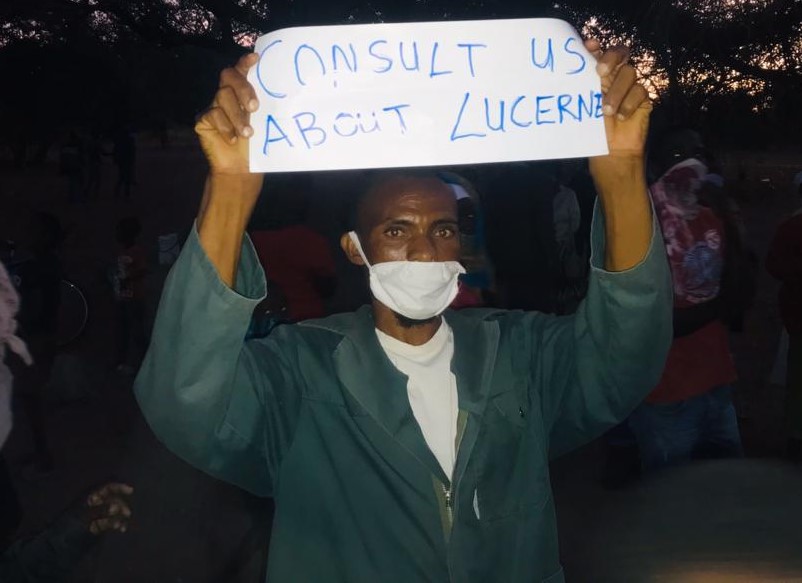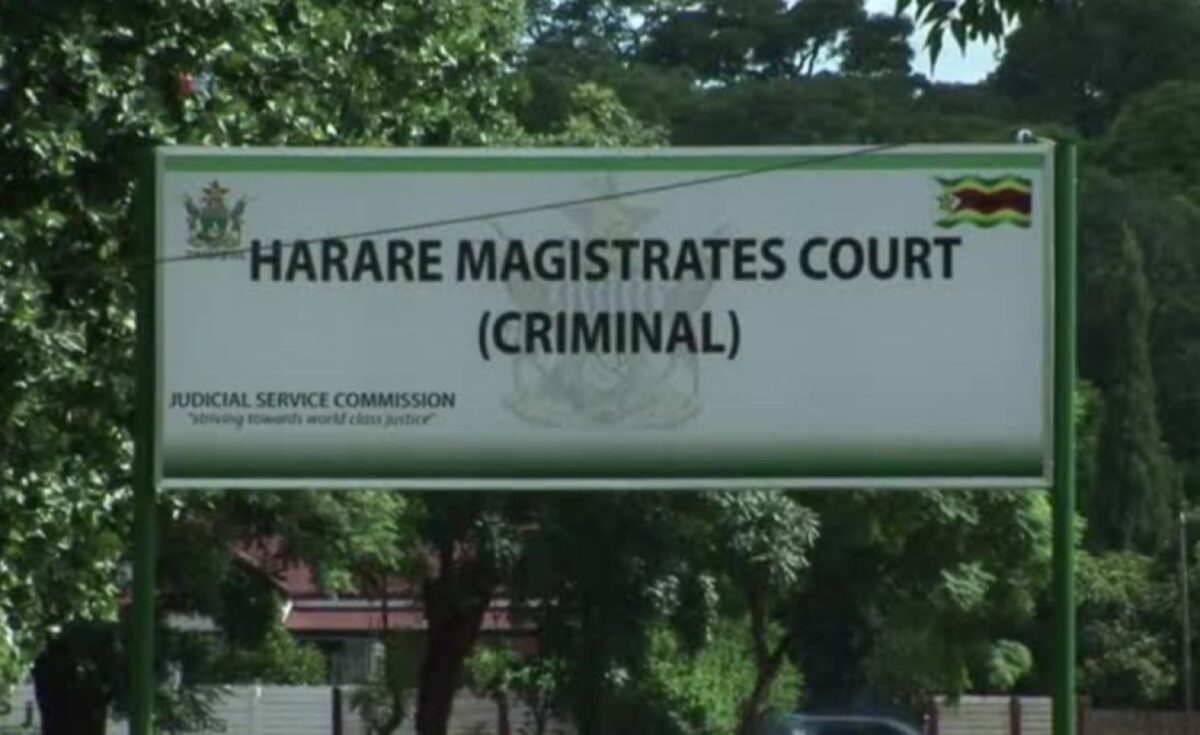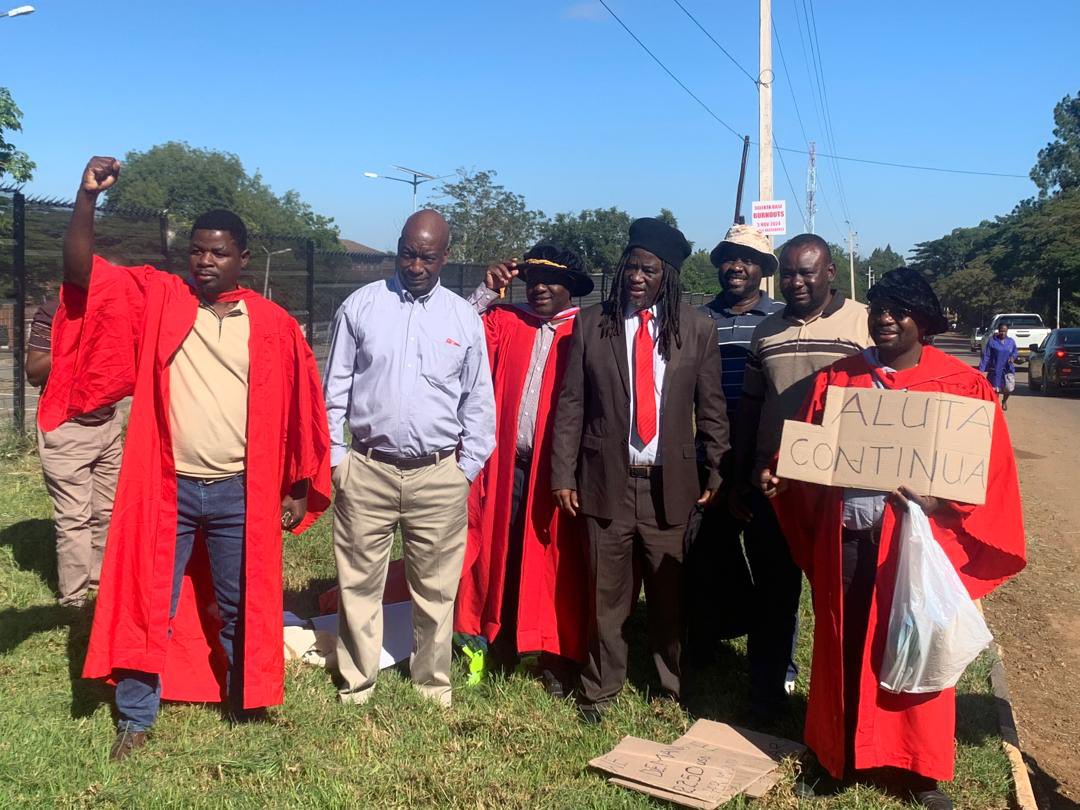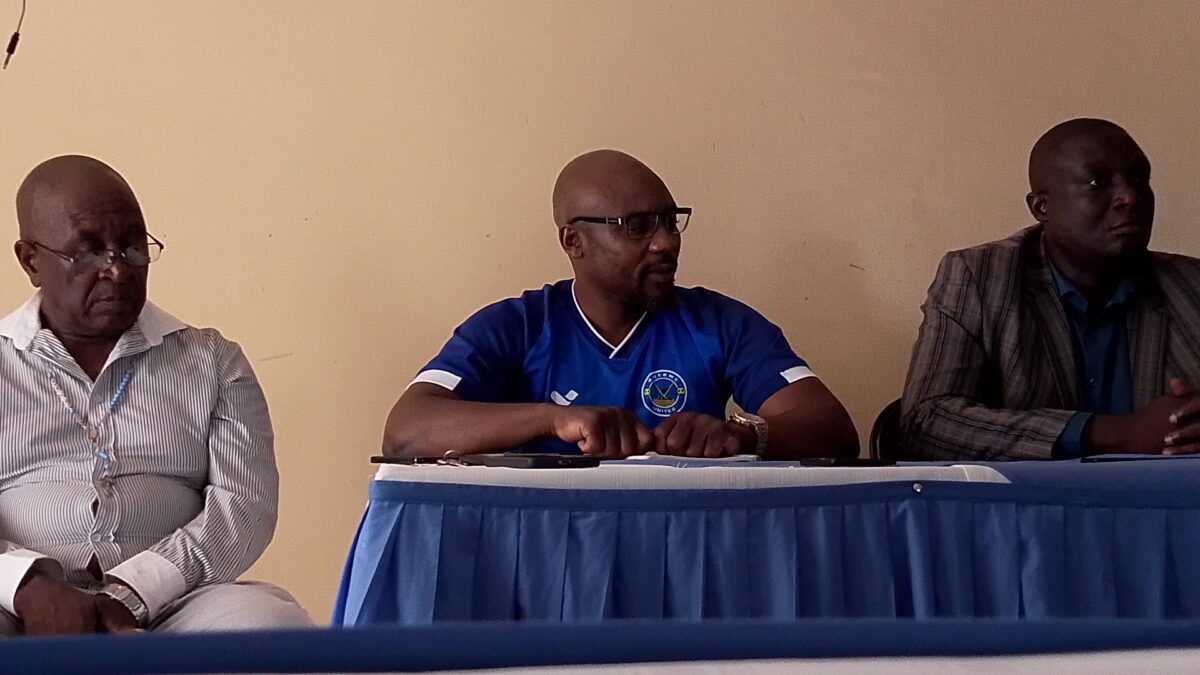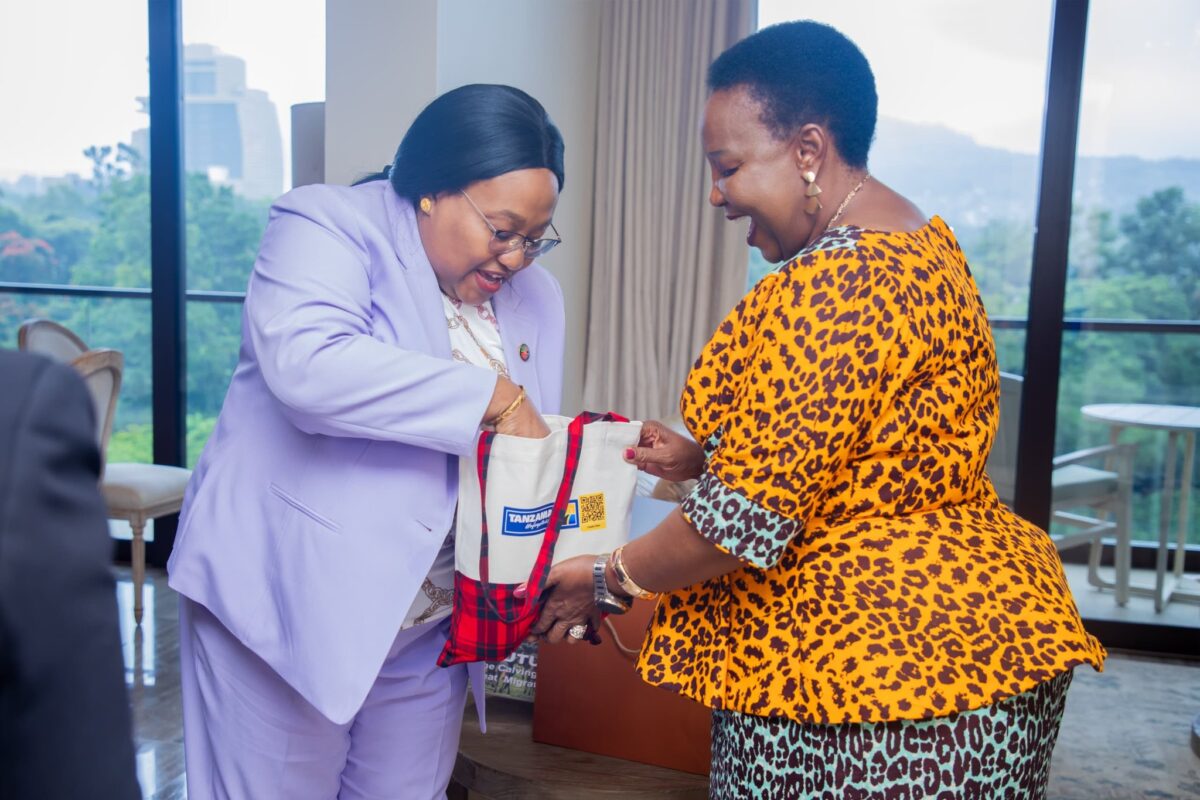Last Friday, I attended a high-level meeting on the Chilonga Irrigation Project in Chiredzi following the hue and cry on this terribly misunderstood and much maligned community irrigation project which is one of several planned by the government this year.
The Chilonga project runs contemporaneously with Bulawayo Kraal, already quietly underway; Kanyemba which is at land clearance stage; Gwaai/Shangani which is still on the drawing board as dam construction resumes for completion by year-end, and Marovanyati where land clearance continues with targeted establishment of maiden crop this coming winter.
The primary law, the Communal Lands Act, does not permit displacement of communities for purposes of establishing a crop. What it provides for is reorganisation and re-planning of communal human settlements to allow for irrigated land use. This is central to understanding what is set to happen in all the projects itemised above. And reorganisation and/or replanning is not the same as eviction or displacement which, quite apart from not being provided for under the relevant law, is not in accord with government policy.
Apart from sugar cane growing, Chiredzi does livestock mainly. The planned massive communal irrigation programme for Chiredzi, which augments the already revived and thriving Chilonga Irrigation Project, is founded on twin objectives of introducing an irrigated cropping programme which is climate-proofed; and transforming livestock farming all-round. Both objectives entail reorganisation and replanning of affected areas to ensure blocks are arranged for cropping, livestock, feedstock growing and human settlement.
Facts on the ground show very few households stand to be affected by this new thrust, huge swathes of which land fall within unutilised zones. The few households which may be affected only get so affected in the sense of being resited as already indicated, all at government expense and for improved rural housing. The lucerne project about which there has been so much noise, supports the new, expanded land use by and for those communal residents. Should the programme generate excess fodder, or decide to embark on commercial lucerne production as an outgrowers initiative, those options need not undermine title or security of tenure for our communal land citizens.
The above is the policy position which President Emmerson Mnangagwa has directed. Different teams and disciplines have been directed to look at all plans and instruments – the relevant Statutory Instrument included – to determine compliance with, and fulfilment of this iron-clad policy position. Should any aspect be seen not to cohere with that strict policy position, the aspect concerned will be changed or, if of a legal nature, amended, to fall in line with both policy and primary statute.
For the avoidance of doubt, the relevant Act does not allow designation of communal land for purposes of growing a specific crop or grass. I hope this clarifies the position and allays fears, while creating sound climate for execution of this much needed programme covering at least three provinces for a start, and likely to be rolled out in all drylands including those in Mashonaland East.
Lucerne growing is a small part of the development plan of the affected area. The plan is far-reaching and involves irrigation of over 200,000 hectares under thousands of centre pivots, all for crop, fruit and beef production. Those wishing to criticise the project do so by presenting it as a one-item affair which it is not. They also predicate it on the coming in of an outsider as a fodder grower, forgetting the bulk of the plan is state-involved and funded for the development of community and country.
In the coming days, there will be complete communication from the government, both by a comprehensive statement and a refashioned Statutory Instrument. The Statutory Instrument on paper is being re-examined with all sorts of possibilities. All those with throbbing veins on Chilonga will realise it’s all much ado about nothing!
Chilonga has become such a contested terrain, with indigenes who own and must profit from it getting mobilised and paid in order to defend interests they have not known or understood. Independence in 1980 scuttled a massive masterplan involving powerful global interests who to this day feel angry that our existence as an independent and sovereign state got their multi-billion-dollar enterprise up in smoke when it was still on the drawing board. Sanctions against Zimbabwe are largely coming from upset interests active in this area. From as far back as the 1950s, the Master Plan for Chiredzi had been drawn, not as a Rhodesian-only proposition, but as a global proposition on which key global interests converged. Often, we are very, very superficial in our grasp of what we are up against.
I call it grievance shopping. Chiredzi will be transformed. We will not retreat. Never again will this land beg for food. Never!
George Charamba is the spokesman for the Zimbabwe presidency

